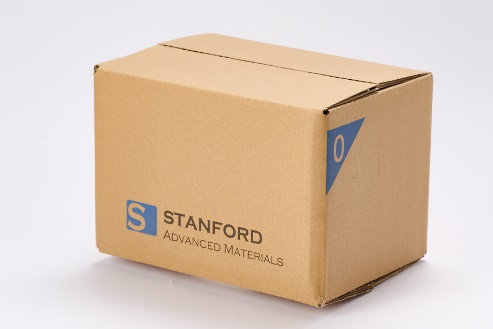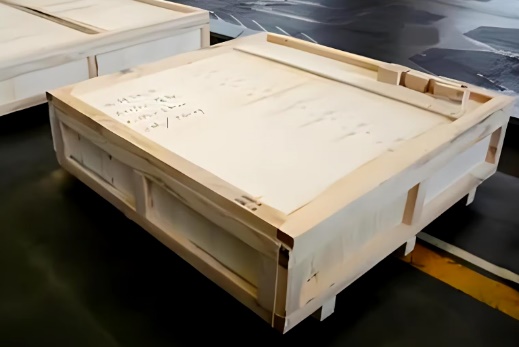Machining Microfluidic Chip Description
Stanford Advanced Materials
(SAM) offers high-precision machining
services for Microfluidic Chips, designed to meet the needs of a wide
range of applications in laboratories, medical devices, and research. Using advanced
manufacturing technology, we ensure each microfluidic chip is engineered with
precise dimensions, complex structures, and efficient fluid control
capabilities. Whether for bioanalysis, chemical sensors, or medical diagnostic
devices, our customizable machining solutions meet the high standards of
accuracy and functionality required by our customers.
Machining Microfluidic Chip Applications
·
Ceramic Bearings: Used in high-performance
ceramic bearing assemblies for enhanced durability and lower maintenance.
·
High-Temperature Bearings: Suitable for
bearings operating in temperatures up to 500°C.
·
Vacuum Bearings: Ideal for vacuum environments
due to their chemical stability and non-magnetic properties.
·
Chemical Pumps: Resistant to corrosive
chemicals, making them perfect for pumps handling acidic or alkaline fluids.
·
Ceramic Valve Balls: Used in valves requiring
high wear resistance and corrosion resistance.
Machining Microfluidic Chip Packaging
Our products are packaged in customized cartons of various
sizes based on the material dimensions. Small items are securely packed in PP
boxes, while larger items are placed in custom wooden crates. We ensure strict
adherence to packaging customization and the use of appropriate cushioning
materials to provide optimal protection during transportation.


Packaging: Carton, Wooden Box, or Customized.
Kindly review the packaging
details provided for your reference.
Manufacturing Process
1. Testing Method
(1) Chemical Composition Analysis - Verified using techniques
such as GDMS or XRF to ensure compliance with purity requirements.
(2) Mechanical Properties Testing - Includes tensile strength,
yield strength, and elongation tests to assess material performance.
(3) Dimensional Inspection - Measures thickness, width, and
length to ensure adherence to specified tolerances.
(4) Surface Quality Inspection - Checks for defects such as
scratches, cracks, or inclusions through visual and ultrasonic examination.
(5) Hardness Testing - Determines material hardness to confirm
uniformity and mechanical reliability.
Please refer to the SAM testing procedures for detailed information.
Machining Microfluidic Chip FAQs
Q1. What are microfluidic chips?
Microfluidic chips are small devices that manipulate small
volumes of fluids, often at the microliter or nanoliter scale. These chips are commonly
used in applications like lab-on-a-chip, chemical analysis, diagnostics, and
biomedical research.
Q2. What materials are used in microfluidic chip
manufacturing?
Microfluidic chips are typically made from materials such as
PMMA (Polymethyl Methacrylate), glass, silicon, PDMS (Polydimethylsiloxane),
and quartz. The choice of material depends on the application and required
properties like transparency, biocompatibility, and ease of fabrication.
Q3. How are microfluidic chips fabricated?
Microfluidic chips are fabricated using techniques like
photolithography, laser cutting, CNC machining, and soft lithography. The
process often involves creating microchannels, chambers, and other structures
to control fluid flow.
Customization Options
Dimensions: Customizable microfluidic chip dimensions
and shapes based on client requirements.
Material Selection: A variety of high-performance
materials to ensure the chip meets specific application needs.
Channel Design: Custom designs for micro-channel
shapes, sizes, and depths to optimize fluid flow and processing capabilities.
Packaging Methods: Multiple packaging options,
including thermal bonding and laser welding.
Surface Treatments: Optional coatings such as
anti-contamination, hydrophobic or hydrophilic treatments.